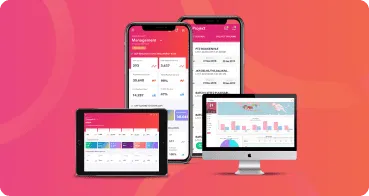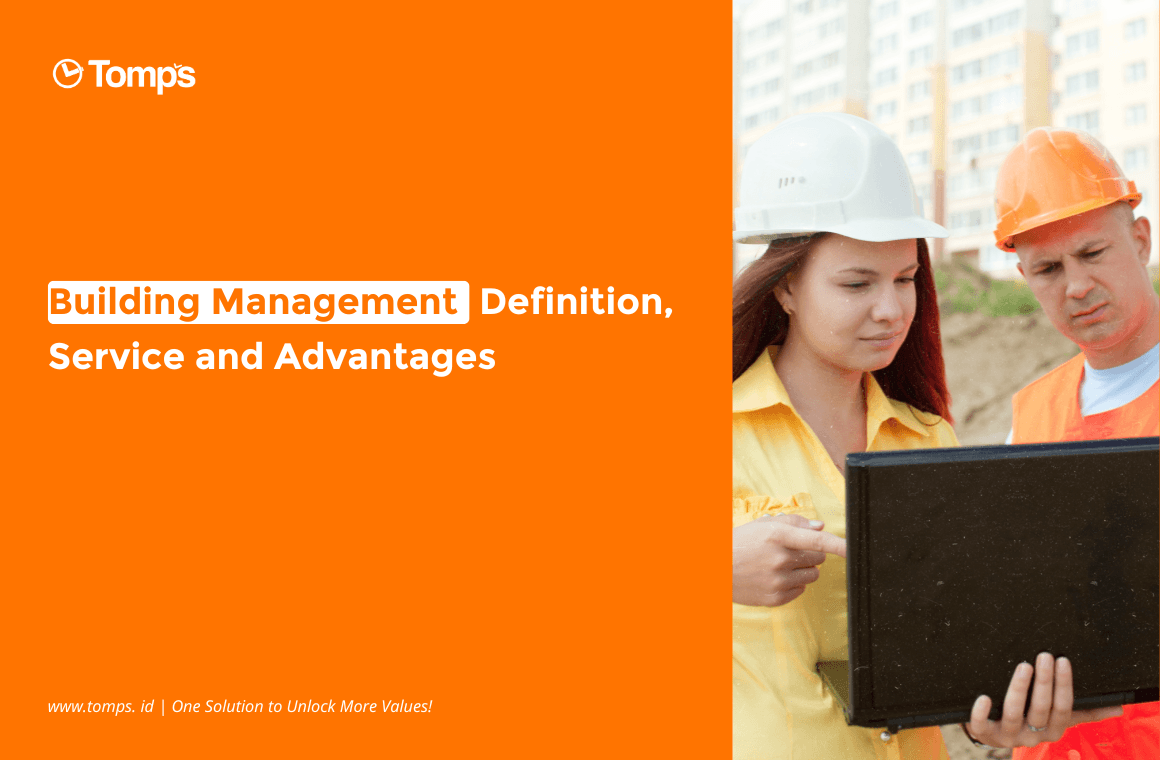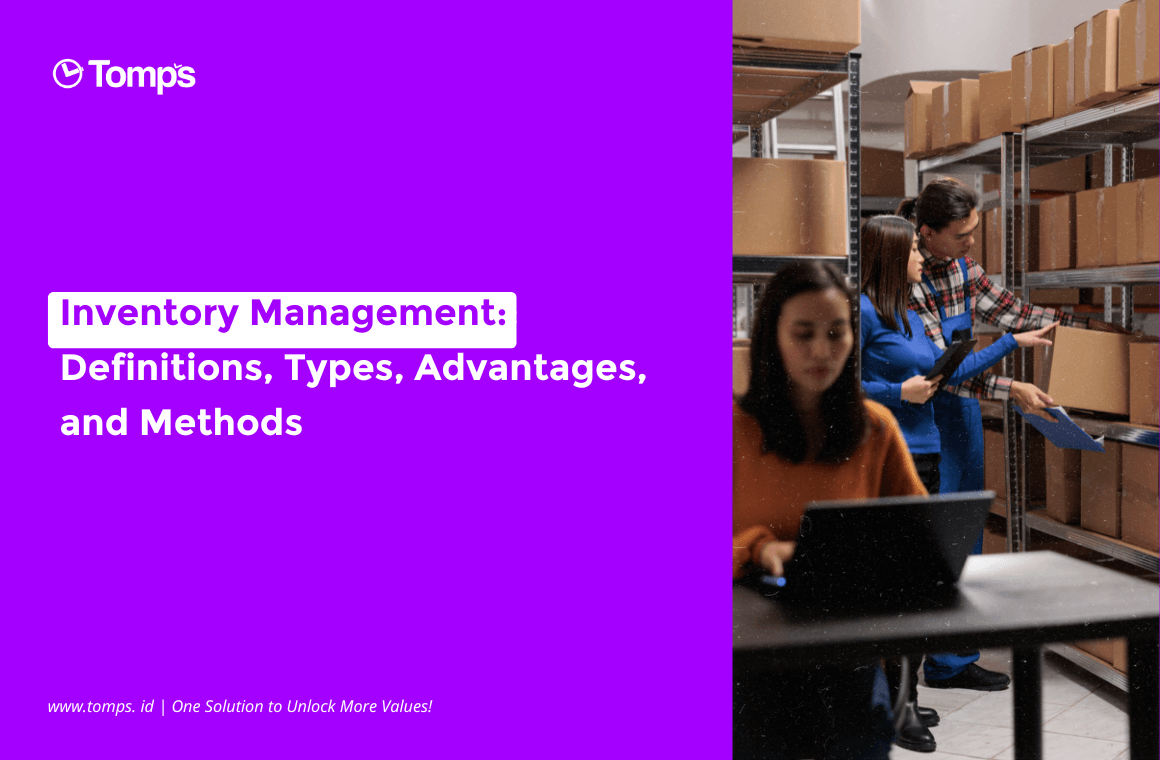Residential areas must be managed appropriately so that all residents' activities remain safe and comfortable. Even if an apartment building is well-built, it is necessary to have a management body in charge of maintaining the entire area in order to keep it a nice place to live. The significance of efficiently managing an apartment cannot be overstated because it has a substantial impact on occupant satisfaction, property maintenance, and financial success. Residents will feel more comfortable and well-served if management is efficient, which can boost occupant retention, property image, and investment profitability. This article will discuss how the duties and functions of apartment management are to increase the comfort of residents.
Definition of Apartment Management Management
Quoting from Investopedia, apartment management is a process of maintenance, security, and ongoing property maintenance carried out by property managers. Financial management, resident management, physical property maintenance, dealing with security issues, and general administration are all aspects of apartment management. The process of managing, operating, and maintaining an apartment or housing complex with the goal of achieving efficiency, quality, and occupant happiness is referred to as apartment management.
Apartment Management Objectives
The objective of apartment management is to achieve operational efficiency, occupant satisfaction, good property maintenance, and financial success. The following is a more detailed explanation of these objectives:
1. Operational Efficiency
Apartment management aims to organize and run apartment operations in an efficient manner. This involves financial management, management of leases and contracts, care and maintenance of facilities, management of occupants, as well as general administration. This goal can be achieved through good planning, effective organization, and careful supervision.
2. Resident Satisfaction
One of the main goals of apartment management is to create a residential environment that is comfortable, safe and meets the needs of residents. This involves providing good service to residents, handling complaints and problems responsively, and creating facilities and an environment that meets their expectations and needs.
3. Good Property Maintenance
Apartment management aims to maintain and improve the physical condition of the property. This includes routine maintenance, repairs, cleaning maintenance, and emergency maintenance arrangements. By carrying out good maintenance, apartments can continue to function optimally, property values can be maintained, and residents can feel comfortable living in them.
4. Financial Success
One of the important goals of apartment management is to achieve financial success. This involves effective financial management, including management of rental income, maintenance and repair expenses, and proper budgeting. This goal can be achieved by optimizing the use of resources, reducing unnecessary costs, and increasing revenue through an effective marketing strategy.
Apartment Management Function
Following are some of the management functions of apartment management along with their explanations:
1. Financial Management
This function includes managing apartment income and expenses, preparing budgets, collecting rent payments, managing contracts and financial agreements, as well as financial reporting. The main goal of financial management is to keep the apartment finances healthy and sustainable.
2. Marketing and Leasing
This function involves marketing apartments, finding prospective tenants, running the rental process, managing rental contracts, and setting rental pricing policies. The objectives of marketing and leasing are to fill apartment units with quality tenants, increase occupancy rates, and maximize revenue.
3. Upkeep and Maintenance
This function involves routine maintenance, facility maintenance, repairs, and project management. This includes maintenance of buildings, utility systems, gardens, common areas, and cleaning and security maintenance. The purpose of this function is to maintain the physical condition of the apartment so that it is maintained, safe and comfortable for the residents.
4. Residents Management
This function involves interacting with residents, handling complaints and requests, implementing occupant policies, and ensuring compliance with regulations and agreements. The purpose of this function is to maintain a good relationship with residents, provide good service, and create a comfortable environment for them.
What's the difference between Apartment Management and Other Management?
The difference between apartment management and other management lies in the focus, scope and special characteristics of each type of management. Here are some of the differences that can be explained:
1. Focus on Residential Properties
Apartment management has a special focus on residential property management, especially apartments or residential complexes. This involves aspects such as unit marketing and leasing, occupant management, facility maintenance, and apartment finance. On the other hand, other management may relate to the management of commercial properties, industrial properties or other properties that have different characteristics and needs.
2. Interaction with Residents
Apartment management has a more active role in interacting with residents. This includes dealing with complaints, requests, and problems that may arise from residents. Other management may not have the same interaction with users or tenants of their property.
3. Marketing and Leasing
One of the main differences is the need to carry out active marketing and unit rental processes in apartment management. This involves filling vacant units with qualified tenants, arranging rental contracts, and setting competitive rental rates. While in other management arrangements, the focus may be more on the management and maintenance of properties that are already rented out or occupied.
Example of Good Apartment Management Management
Good apartment management is very important to create a comfortable and satisfying living environment for the residents. In good apartment management, attention is paid to various aspects. By implementing good management practices, apartments can maintain optimal physical conditions, increase occupant satisfaction, and build harmonious relationships between residents and managers.
The following are examples of good apartment management:
1. Responsive Resident Services
Good apartment management places occupant satisfaction as a top priority. They provide responsive service to residents' complaints, requests, and questions. This involves effective systems for receiving and handling complaints, as well as fast response times in resolving issues.
2. Routine Upkeep and Maintenance
Good apartment management involves routine care and maintenance to maintain the physical condition of the property. They schedule utility system maintenance, cleaning maintenance, and minor repairs on a regular basis. This helps prevent further damage, extends the life of the property, and increases occupant satisfaction levels.
3. Financial Transparency
Good apartment management provides transparency in financial terms. They manage rent payments meticulously, provide clear financial reports to tenants, and maintain a transparent process for collecting and using funds from tenants. This gives confidence to residents and owners regarding responsible financial management.
4. Effective Communication
Good apartment management maintains good communication with residents. They provide easily accessible communication channels, such as a complaints service or hotline, as well as provide up-to-date information on regulations, policies or other important changes. Effective communication helps build a good relationship between occupants and managers.
In conclusion, apartment management plays an important role in creating a good, comfortable and sustainable living environment. Through the implementation of effective management, apartments can achieve a high level of occupant satisfaction. In addition, good apartment management also helps maintain the physical condition of the property, increase occupancy rates, and build harmonious relationships with residents. Thus, professional and skilled apartment management is the key to success in maintaining and increasing property values and providing a positive residential experience for residents.







